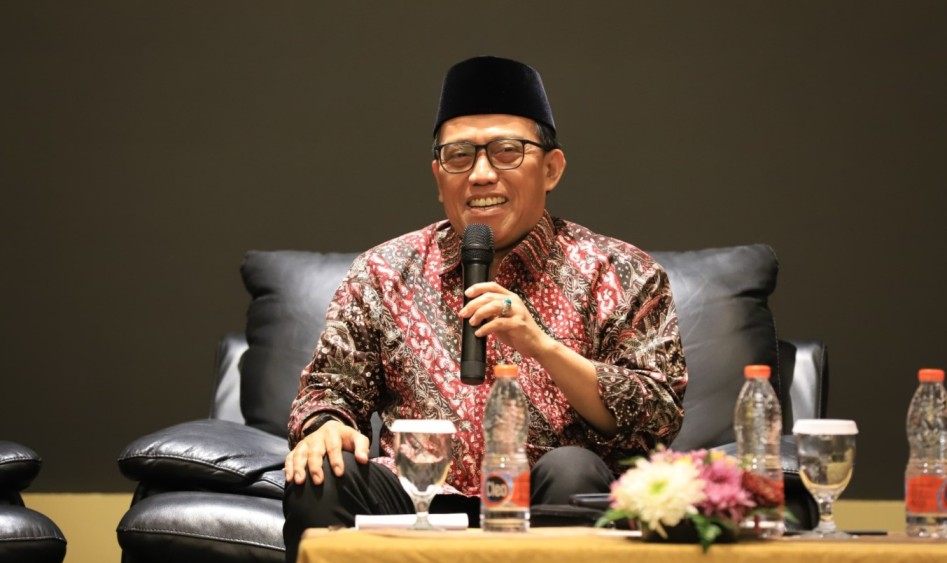Indonesian MSMEs association conducts education on halal food processing

Micro, small and medium enterprises (MSMEs) in Indonesia are mostly in the ready-to-eat culinary sector, and therefore it is important for them to understand halal food processing procedures based on standards of the Islamic law.
Jakarta (Indonesia Window) – The Indonesia Small Medium Enterprises Association (ISMEA) held a bazaar in collaboration with the Cililitan Wholesaler Center in East Jakarta, for two days (July 1-2, 2023), after being absent for two years in the post-COVID-19 time.
“This collaboration further strengthens local brands and the cultural heritage of the archipelago in the hope that micro, small and medium enterprises (MSMEs) would intensify original Indonesian cultural products,” ISMEA’s Chairperson Dr. Endang Rudiatin said on Saturday (July 1).
According to her, since its establishment in 2016, ISMEA has been committed to advancing local products and cultural heritage.
In Saturday’s ISMEA Culinary Talkshow, Endang provided education on how to process halal (permissible under the Islamic law) foods as well as procedures for registering self-declaration for MSMEs.
MSMEs in Indonesia are mostly in the ready-to-eat culinary sector, she said, adding that it is important for them to understand halal food processing procedures based on standards of the Islamic law.
The talk show was led by moderator Dahlia Alwi in the company of Husnul Khatimah, owner of @officialdproject, who provided materials on how to promote and publish MSME products through social media.
The event took place on July 1-2, 2023 in collaboration with the organizing committee of the Betawi Festival which selected the Jakarta Abang and None Cilik (a festival to get child envoys for Jakarta).
The uniqueness of Indonesian cuisines is one of the riches that continues to grow with various modifications and variations. Some types of the country’s culinary and also tourist culinary products are sought after by foreigners as export products
Endang expressed hope that through ISMEA, MSMEs can be encouraged to create regional culinary products of excellence so as to make them competitive with foreign products, especially those with export potential.
“Managing MSMEs is not easy, but it is an asset to the country, so it is often predicted as the backbone of the Indonesian economy,” she pointed out.
Citing data from the Statistics Indonesia (BPS) released in June 2022, there were 11,223 culinary businesses spread throughout Indonesia in 2020.
Indonesia’s capital Jakarta alone is ranked as the province with the highest number of culinary businesses in the country with a total of 5,159 businesses in 2020.
MSMEs could just develop in their segments, then they create more jobs and the people’s economy is expected to spin better, Endang noted.
Reporting by Indonesia Window

.jpg)








